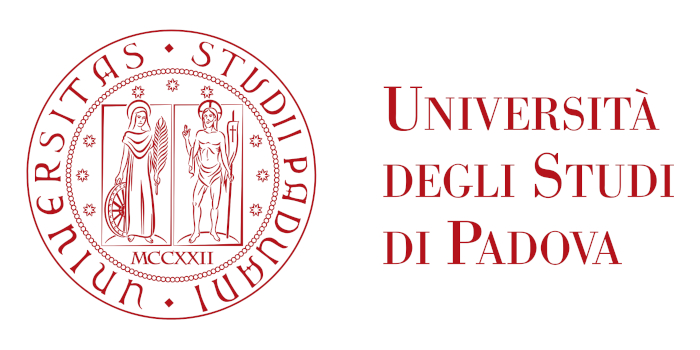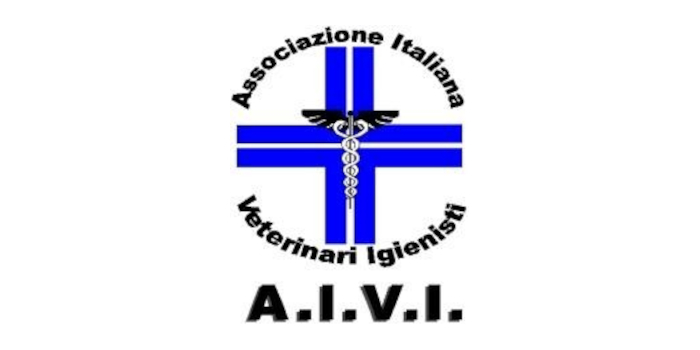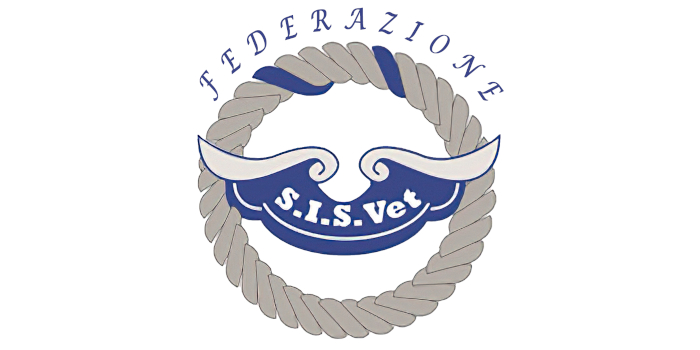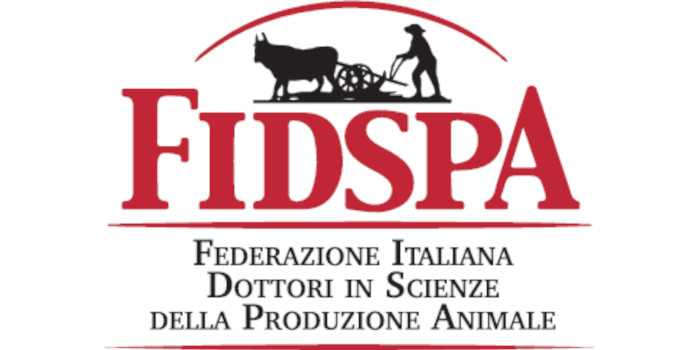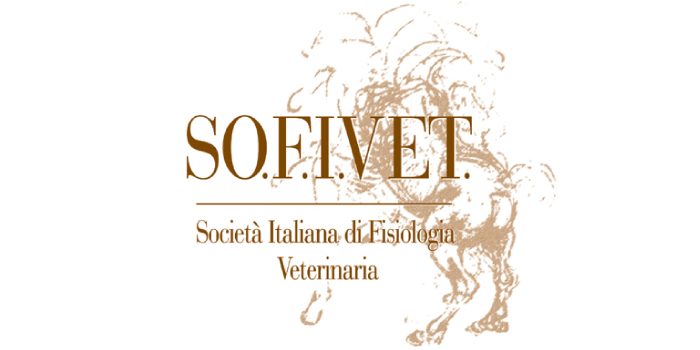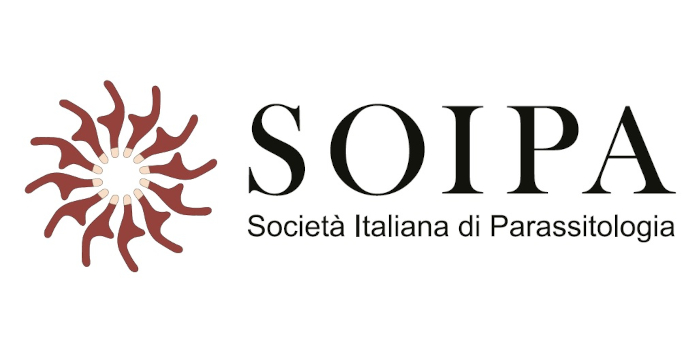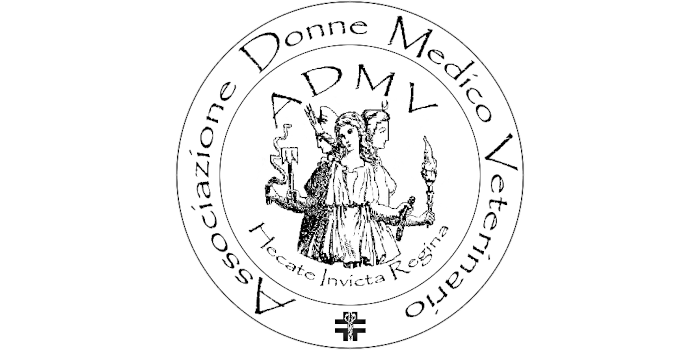SPECIAL SESSION #10
Bridging sustainability and intrinsic quality of animal-sourced foods: conceptual frameworks, tools and metrics
ORGANIZED BY
Mohammed Gagaoua
PEGASE, INRAE, Institut Agro, 35590 Saint-Gilles, France
Nigel Scollan
Institute for Global Food Security, School of Biological Sciences, Queen's University Belfast, Belfast BT9 5DL, United Kingdom
SPECIAL SESSION DESCRIPTION
The transition toward more sustainable livestock systems requires rethinking how the quality of animal-sourced foods (ASF) is defined and assessed. Traditionally, the quality of ASF has been mainly considered through its intrinsic dimensions (sensory, nutritional, technological, and commercial) directly related to the product. However, consumer expectations and societal debates surrounding ASF have evolved. Increasingly, rapid and digitally enabled assessment methodologies, such as spectroscopy-based techniques, are being explored to characterize intrinsic quality traits more efficiently, objectively, and non-destructively. These tools offer new opportunities for integrating product-level quality evaluation within broader sustainability frameworks. At the same time, consumer expectations and societal debates surrounding ASF have evolved. Growing attention is now given to extrinsic dimensions related to production/farming practices, such as animal welfare, environmental impacts, farming conditions, traceability, and broader societal perceptions. Despite this shift, most existing assessment approaches still focus predominantly on intrinsic quality dimensions. This narrow focus limits our capacity to capture the full complexity of how production conditions shape perceived ASF product quality.
Bridging intrinsic and extrinsic quality dimensions, in the frame of a “One Quality” concept, is therefore essential for developing integrated, holistic frameworks capable of evaluating both the inherent properties of ASF and the sustainability and perceptions of the systems that produce them. Incorporating rapid assessment and digitalization tools into this integration can help connect on-farm practices and process-level indicators with measurable product traits, supporting more transparent, science-based evaluation across the value chain.
This session aims to advance this integration by bringing together experts in ASF quality, sustainability assessment, livestock/animal science, and consumer research to explore conceptual, methodological, and practical pathways for aligning sustainability with intrinsic product dimensions. We expect that this session will contribute to reshaping how the quality of ASF is assessed within sustainable food system transitions. Ultimately, it aims to foster a more holistic, scientifically grounded understanding of the role of ASF in sustainable diets and responsible livestock production.
TOPICS
This session invites submissions related (but not limited):
- To explore conceptual frameworks and models that link extrinsic and sustainability dimensions with intrinsic quality dimensions of ASF.
- To present tools and metrics capable of assessing both sustainability performance and product quality, and to discuss how such indicators can be combined, used or harmonized.
- To examine how consumer expectations and societal perceptions shape the definition of ASF quality and influence the evaluation of production and/or farming systems.
- To identify key research gaps and methodological challenges in building comprehensive multi-criteria assessment approaches.
- To foster interdisciplinary dialogue among researchers, policymakers, and industry actors working at the interface of ASF quality and sustainability.
- To explore how methods such as Life Cycle Analysis (LCA) and its variants including but not limited to nutritional LCA (n-LCA), social LCA (s-LCA) and Multi-criteria decision analysis (MCDA) approaches should be applied for the evaluation of ASF.
- To present case studies illustrating best practices, innovations, or system-level evaluations.
ABOUT THE ORGANIZERS
Mohammed Gagaoua is a meat scientist at PEGASE research unit at INRAE, France. He holds a PhD in food sciences, sub-filed “meat science and quality”. He worked as an associate professor at University Mentouri Constantine, Algeria, from 2012 to 2016, before moving to INRA Auvergne-Rhône-Alpes, France to develop a project about the farm-to-fork continuum metadata to understand meat quality variability using rearing factors for joint management of meat and carcass quality properties. In February 2019, he moved to Teagasc Food Research Centre, Ireland, where he was awarded the prestigious Marie Skłodowska-Curie grant on a research project titled “Omics-Based Biomarkers for Beef Carcass Quality Management”. Since October 2022, Mohammed has been appointed as a permanent researcher at INRAE, France to develop a research program in the frame of sustainable production and consumption, and he develops a "One Quality" approach of pork within several farming and production systems. Mohammed's academic focus is on meat science, meat and meat products, foodomics with expertise on proteomics applied to muscle foods, data integration in the frame of “integromics” and sustainability of pork meat production and consumption. As a career achiever, Mohammed was runner-up in 2015 for the International Meat Secretariat Award; he received the ICoMST2018 award by Robin Shorthouse for outstanding contribution to advancing Meat Science and the ICoMST2018 Meat Science journal award for best presentation in Australia. He has published more than 145 peer-reviewed papers in international journals, along with numerous contributions in national and international conferences. He is associate editor at Meat Science, Scientific African, Chemical and Biological Technologies in Agriculture, Food Materials Research, and member of the editorial boards of Comprehensive Reviews in Food Science and Food Safety, Meat Technology, Journal of Integrative Agriculture.
Nigel Scollan is Professor of Animal Science in School of Biological Sciences and Institute for Global Food Security and Head of School of Biological Sciences at Queens University Belfast. Nigel conducted his PhD at The University of Edinburgh, followed by a postdoctoral appointment at the University of Guelph, Ontario, Canada before joining Institute of Grassland and Environmental Research, Aberystwyth in 1993 and subsequently Institute of Biological, Environmental and Rural Sciences (IBERS) Aberystwyth University in 2008. He held several posts at IBERS including Waitrose Professor of Sustainable Agriculture and Professor of Public Engagement with Science, group leader Animal Systems and Director of Enterprise. Nigel was Director of Institute for Global Food Security (IGFS) at Queens 2016-2024, before appointment as Head of School in January 2025.
Nigel’s research underpins the development of more sustainable and resilient food supply chains with focus on animal protein. Emphasis is focused on (1) driving productivity, (2) improving efficiency, (3) enhancing nutrient density and (4) reducing waste. Research is also advancing the development of metrics to describe sustainability (economic, environmental and social) of farm systems and is using large and multi data streams and machine learning approaches to support on-farm decision making and underpin sustainability credentials of supply chains. Nigel has initiated and managed many national and European-funded projects and developed links with key strategic science partners in UK, Europe and further afield. Scollan has authored 110 + peer-review scientific papers (Scopus 9019 citations, h-index 50; Google Scholar 15329 citations, h-index 61; 12 July 2025) and a further 180 book chapters and conference proceedings and presented numerous invited papers at international meetings and successfully supervised PhD students and numerous visiting workers.
Current external roles include (1) Northern Ireland Food Certification Committee, (2) Board member of Food NI; (3) Food, Farming & Countryside Commission – Northern Ireland Inquiry, (4) Food, Farming & Countryside Commission Research Advisory Group, (5) Board member Innovative Farmers and (5) Chair Pinnacle Awards Famers Club 2024-.




